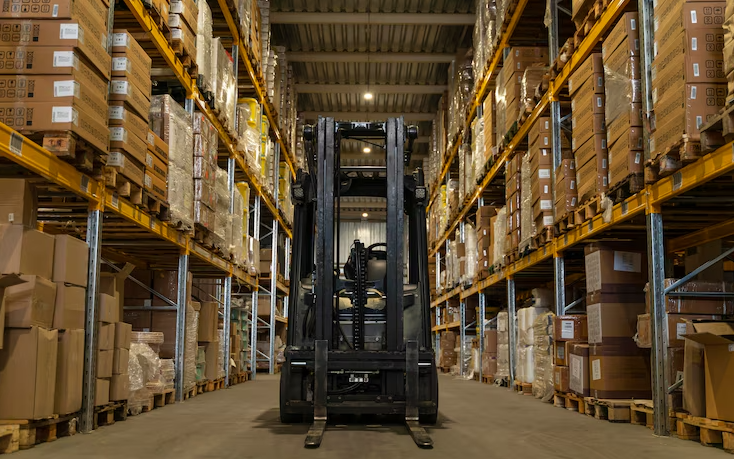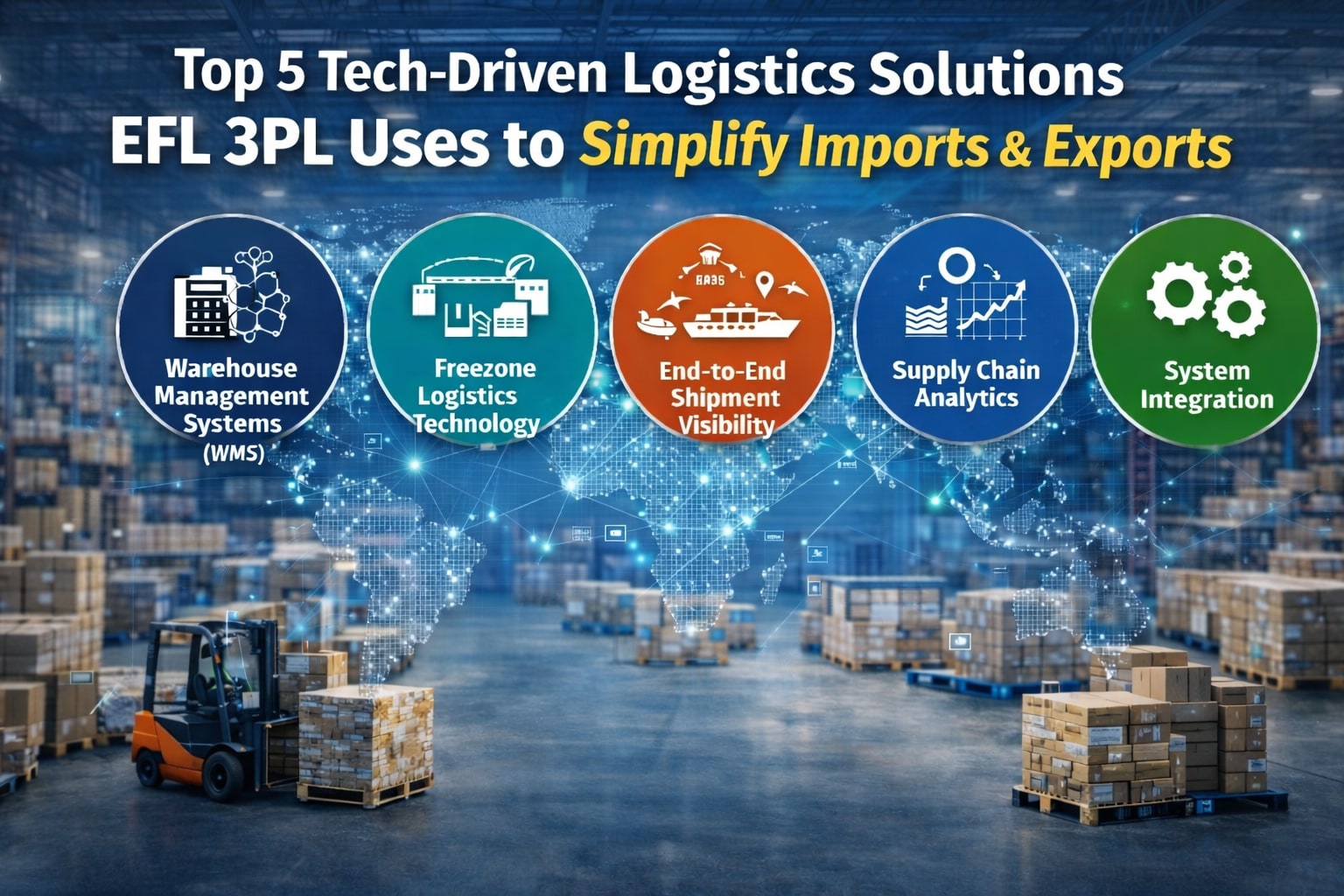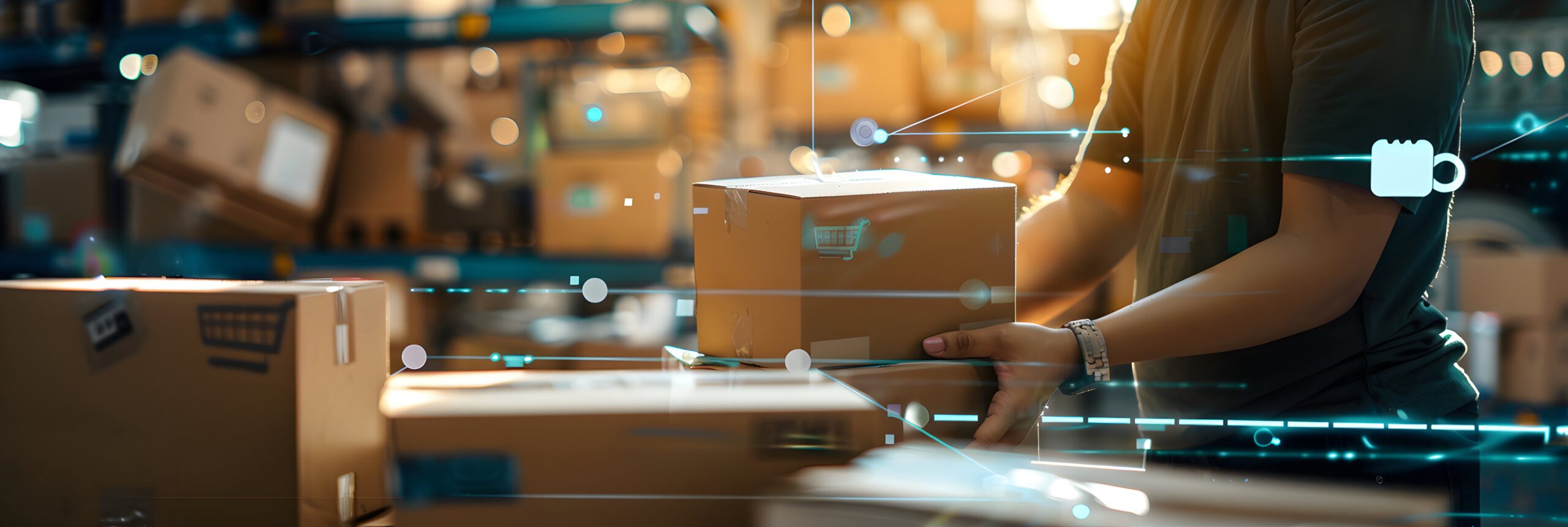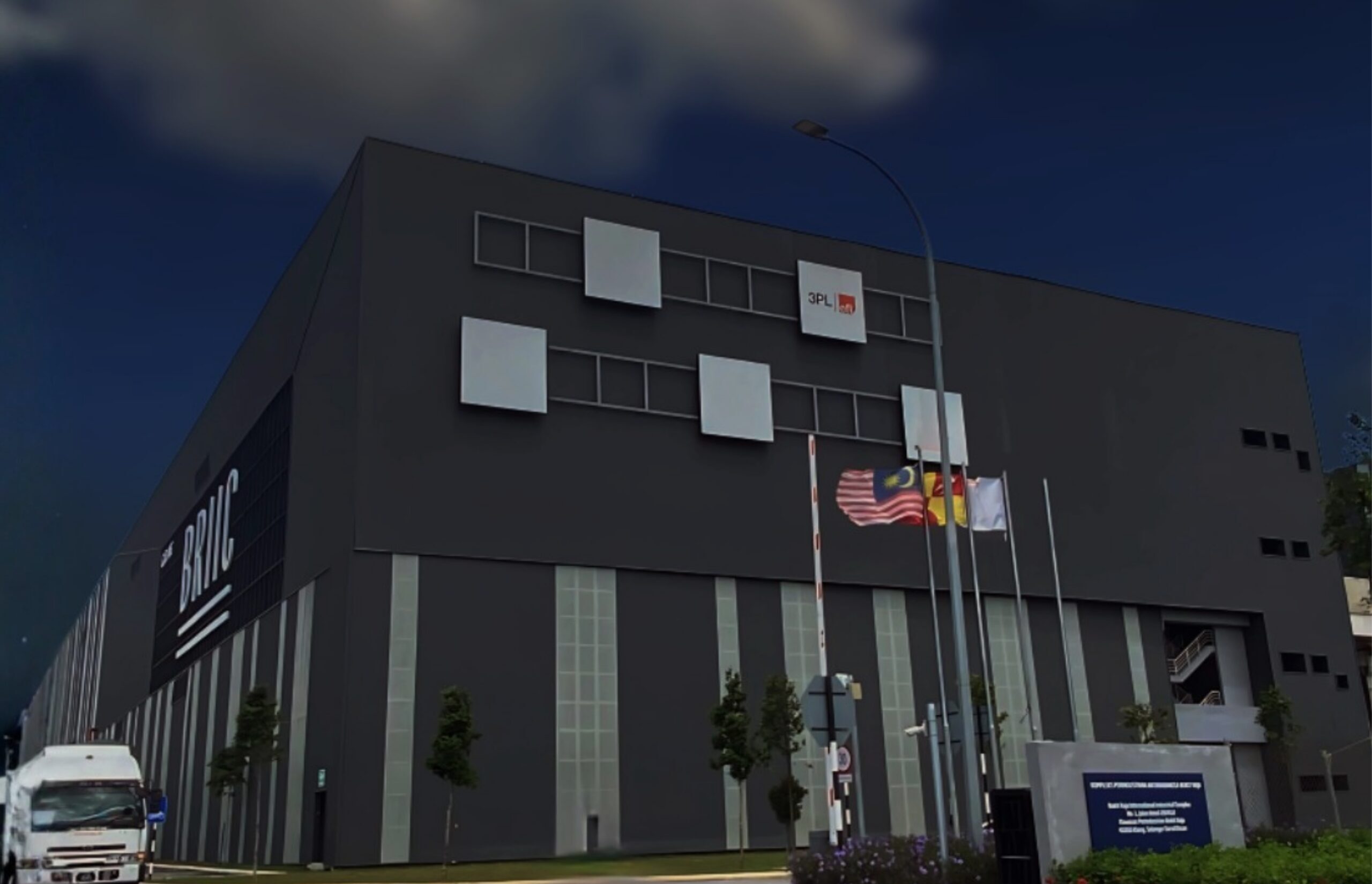The Future of Warehousing Services in India: Trends and Predictions

Introduction
The warehousing services industry in India is setting itself up for a radical shift, driven by a booming e-commerce market, efficiency-centric technological advancements, and supportive government policies. The warehousing landscape in India has evolved significantly over the past decade. The implementation of the Goods and Services Tax (GST) has streamlined the supply chain, leading to the development of large, modern warehouses. Additionally, the rise of e-commerce has significantly increased the demand for warehousing space.
So let’s explore the emerging trends and predictions for the future of warehousing services in India so you can stay ahead of the curve!
Key Trends Shaping Warehousing Services
1. Technological Advancements
New emerging technologies are constantly persuading the warehousing sector to evolve. Automation, artificial intelligence, machine learning, and the Internet of Things (IoT) are transforming warehouse operations. This has resulted in VR solutions like digital twinning, robotic process automation (RPA) and so much more. These technologies enhance operational efficiency, curb human errors, and improve inventory accuracy by a substantial mark.
Today, AI-powered analytics can forecast demand patterns, enabling better inventory management and reducing stock outs or overstock situations. Real-time data analytics also enable proactive maintenance of equipment, reducing downtime and enhancing overall efficiency. Access to such convenience is turning out to be a game-changer in the warehousing services industry and will only improve further from here on out.
2. Sustainability and Going Green
Sustainability is also becoming a priority in the warehousing sector, both, from a regulatory and a humanitarian standpoint. Sustainable and renewable practices like energy-efficient lighting, solar panels, and rainwater harvesting systems, are on the rise. The use of eco-friendly materials in construction and packaging is also gaining traction. Green warehousing not only reduces the carbon footprint but also lowers operational costs in the long run. Companies that adopt these practices are likely to gain a competitive edge as consumers and businesses increasingly prioritize environmentally responsible partners.
3. E-commerce and Omnichannel Fulfillment
The exponential growth of e-commerce in India has redefined warehousing requirements. Consumer’s demand for faster delivery times and seamless omnichannel experiences is essential. Consistent dissatisfaction or a big isolated accident can propel a horde of negative reviews causing severe damage to a brand’s reputation in the market. To meet consumer demands, warehouses are evolving into multi-channel fulfillment centers. Warehouses are now strategically located closer to urban centers to facilitate quick deliveries. Furthermore, the rise of dark stores, and small, local fulfillment centers dedicated to online orders is becoming a notable trend. These developments ensure that warehousing services can keep pace with the dynamic e-commerce landscape.
Also Read: Top Benefits of Outsourcing Warehousing Services for E-Commerce Businesses in India
4. Advent of Advanced Data Analytics
Data is the backbone of modern warehousing. The ability to harness and analyze vast amounts of data is optimizing fast decision-making processes. Predictive analytics powered by machine learning algorithms can forecast demand, optimize inventory levels, and streamline supply chain operations. Real-time data analytics also enable proactive maintenance of equipment, reducing downtime and enhancing overall efficiency. As data becomes more integrated into warehousing operations, companies can make more informed and agile decisions.
5. Warehouse-as-a-Service
The concept of Warehouse-as-a-Service (WaaS) is gaining significant popularity in India. Similar to the software-as-a-service model, WaaS allows businesses to access warehousing facilities and services on a Pay-as-you-Use basis. This model offers flexibility and scalability, particularly for small and medium-sized enterprises (SMEs). Also offering end-to-end solutions, including storage, inventory management, order fulfillment, and last-mile delivery. This trend democratizes access to sophisticated warehousing services, enabling businesses to focus on their core competencies while leaving logistics to the experts.
Predictions for the Future
1. Increased Investment in Infrastructure
The Indian government has been proactively encouraging infrastructure development to support the warehousing services and logistics industry. Initiatives such as the National Logistics Policy and the Bharatmala Pariyojana are expected to drive significant investments in road, rail, and port infrastructure. Improvement in connectivity will facilitate the movement of goods, reducing transportation costs and transit times. Consequently, we can expect to see the establishment of more mega distribution centers and logistics parks across the country.
2. Blockchain Technology
Blockchain holds immense potential for enhancing transparency and security in supply chains. In the future, we can expect to see greater integration of blockchain in warehousing services. This technology can create immutable records of transactions, ensuring traceability and reducing the risk of fraud. As the technology matures, it will become a cornerstone of efficient and secure warehousing operations.
3. Rise of Hyperlocal Warehousing
With the increasing demand for same-day and next-day deliveries, hyperlocal warehousing will become a prominent trend. Small, strategically located warehouses within urban areas will enable faster order fulfillment and reduce last-mile delivery challenges. Hyperlocal warehousing also supports sustainability efforts by minimizing transportation distances and associated emissions. This trend aligns with the growing consumer preference for quick and eco-friendly deliveries.
4. Focus on Skilled Workforce Development
As warehousing operations become more tech-driven, there will be a growing need for a skilled workforce. The industry will require professionals proficient in handling advanced technologies, data analytics, and automation systems. To address this demand, companies will invest in training and upskilling programs for their employees. Collaborations with educational institutions and government initiatives will play a crucial role in developing a talent pool equipped to meet the evolving needs of the warehousing sector.
Also Read: EFL 3PL ranked 56th in the Best Workplaces in Asia
5. Enhanced Customer Experience
Warehousing services will be characterized by a heightened focus on customer experience. Warehouses will not only serve as storage facilities but also as hubs for personalized and efficient order fulfillment. Innovations such as smart packaging, real-time order tracking, and customized delivery options will enhance the overall customer experience. Warehouses will play a major role in building brand loyalty by ensuring timely and accurate deliveries.
The Takeaway
The future of warehousing services in India is bright and full of exciting possibilities. Technological advancements, sustainability initiatives, and evolving consumer demands are driving the transformation of the sector. As warehouses become smarter, greener, and more customer-centric, businesses that embrace these trends will thrive in the competitive landscape.
So, to maintain a competitive edge, outsourcing supply chain and warehousing services from modern 3PL firms like EFL 3PL will be pivotal to staying at the forefront of these developments, leveraging cutting-edge technologies and sustainable practices to deliver exceptional warehousing services.
By anticipating and adapting to future trends, EFL 3PL aims to provide our clients with unparalleled efficiency, reliability, and customer satisfaction. As the warehousing industry continues to evolve, one thing is certain, the future holds immense potential for innovation and growth. Businesses that invest in forward-thinking strategies and embrace change will undoubtedly reap the rewards in the years to come.





